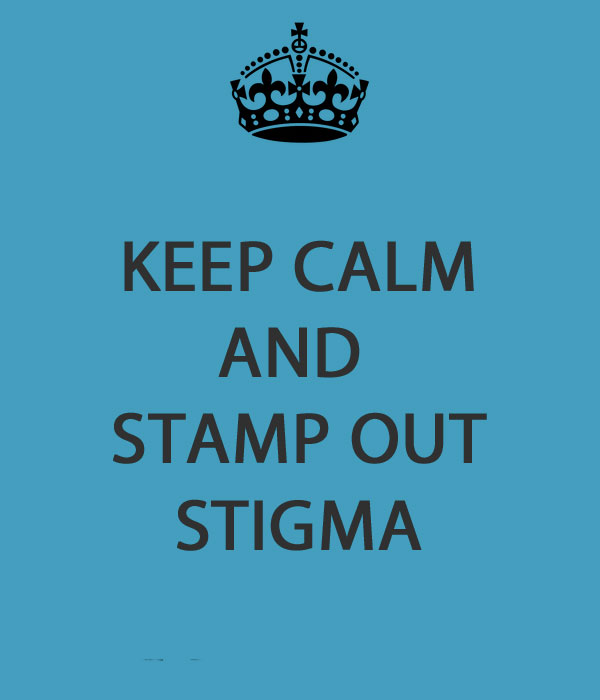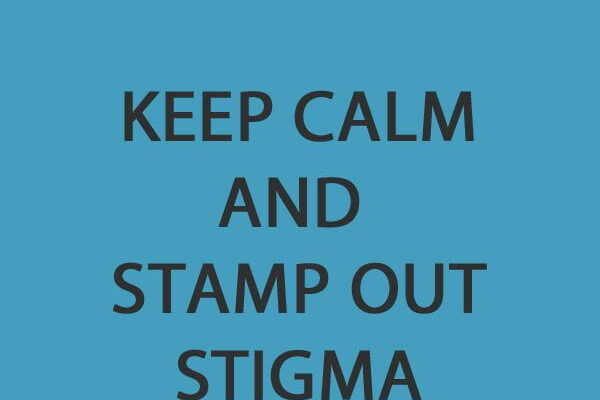
Sean Fogler, a doctor in recovery writing on Stat, explains how his dual roles – that of a physician and that of a person with experience of addiction and recovery – gave him a unique insight into attitudes to patients with substance use disorders and mental health problems in health care systems.
He gives evidence of negative attitudes held by professionals towards those suffering with addictions, including the belief that people with addictions are dangerous and should be denied certain rights. He powerfully contrasts this with attitudes held towards other conditions, like diabetes, whose sufferers are generally not discriminated against or shamed for their disease.
Fogler references a recent survey of emergency medicine doctors which found ‘that they had a lower regard for patients with substance use disorders than for patients with other conditions affecting behavioral health’.
People don’t die from overdoses. Though that cause may be listed on their death certificates, they die from trauma and pain, and they die from stigma and the isolation and self-harm that follows.
Sean Fogler
This reminded me of a research project undertaken by a group of medical students that I supervised a few years ago. The group decided they wanted to survey attitudes to people with alcohol use disorder across a variety of settings. They visited GP surgeries (offices), an Accident and Emergency department (ER), a detox clinic, a rehab, an AA meeting and also spoke with an ambulance crew.
What they found was pretty challenging, with evidence of stigmatising language, negative views and an unwelcoming attitude in a variety of settings. The places with the most positive attitudes were in AA, in the detox clinic and at the rehab.
The students were somewhat shocked, but the exercise helped them challenge their own views and we were able to broaden the learning to look at reasons that such attitudes might exist. Not least among those is the fact that the behaviours associated with substance use disorders can be very difficult to manage. But then so can the presentations of other conditions in health care systems which don’t attract stigma.
People who use drugs are marked and judged and confined to cages, cut off from each other, their families, and the connections that can help them heal.
Sean Fogler
Dr Fogler calls for harm reduction interventions to be widely available, and encourages us to embrace any step forward, but is realistic too: ‘More drug and alcohol treatment, medication-assisted therapy, and naloxone distribution are all steps in the right direction, but they will never be the solution to the addiction crisis.’
So what is the solution?
While he says damningly, ‘healthcare systems have weaponized stigma in many forms’, exemplified in the punishment of patients and healthcare professionals with addictions, he calls for a fundamental reform of policies and practice in healthcare to dismantle stigma and improve outcomes, including addressing the harm that comes from criminalisation.
He also calls for a change in the attitudes to professionals who struggle with addiction, saying they must be treated with the same care, compassion and science that everyone deserves. He makes the point that, if we as professionals can’t do this for colleagues, we won’t be able to do it for our patients.
Restoring and maintaining supportive human connections between people with addictions and those able to help them can lead to recovery
Sean Fogler
There’s a sharp edge to Dr Fogler’s analysis, and you can see why. It’s based on evidence of a system that’s not serving those with substance use disorders well, and indeed is harming them by preventing them coming forward or not offering healing. And all of this locked in place through policies that are not working. He’s not unrealistic. He knows the problems are complex.
As we look to next week’s publication of Scotland’s drug deaths figures with some dread, I think there is much in his thinking that might help us here.
